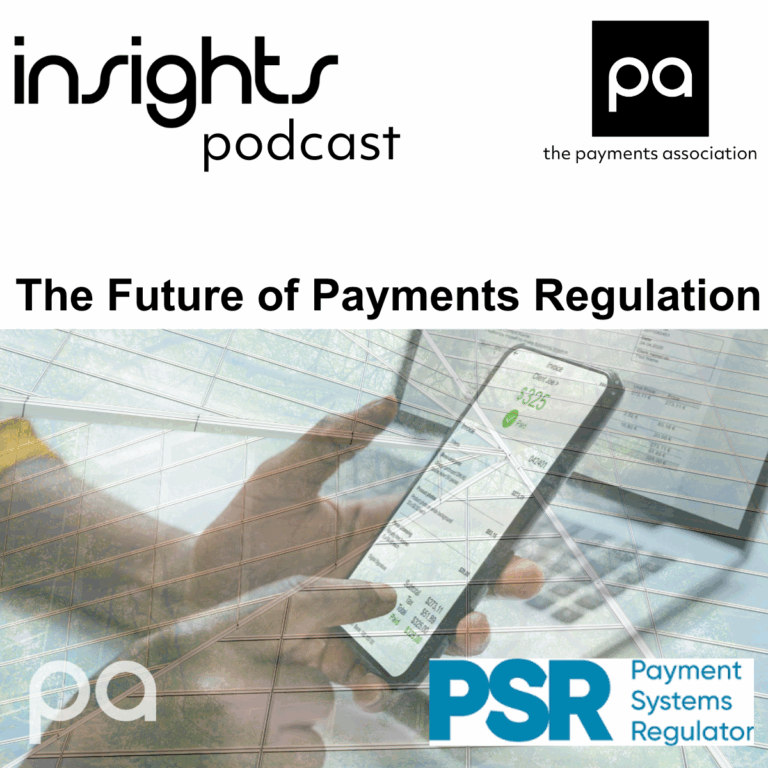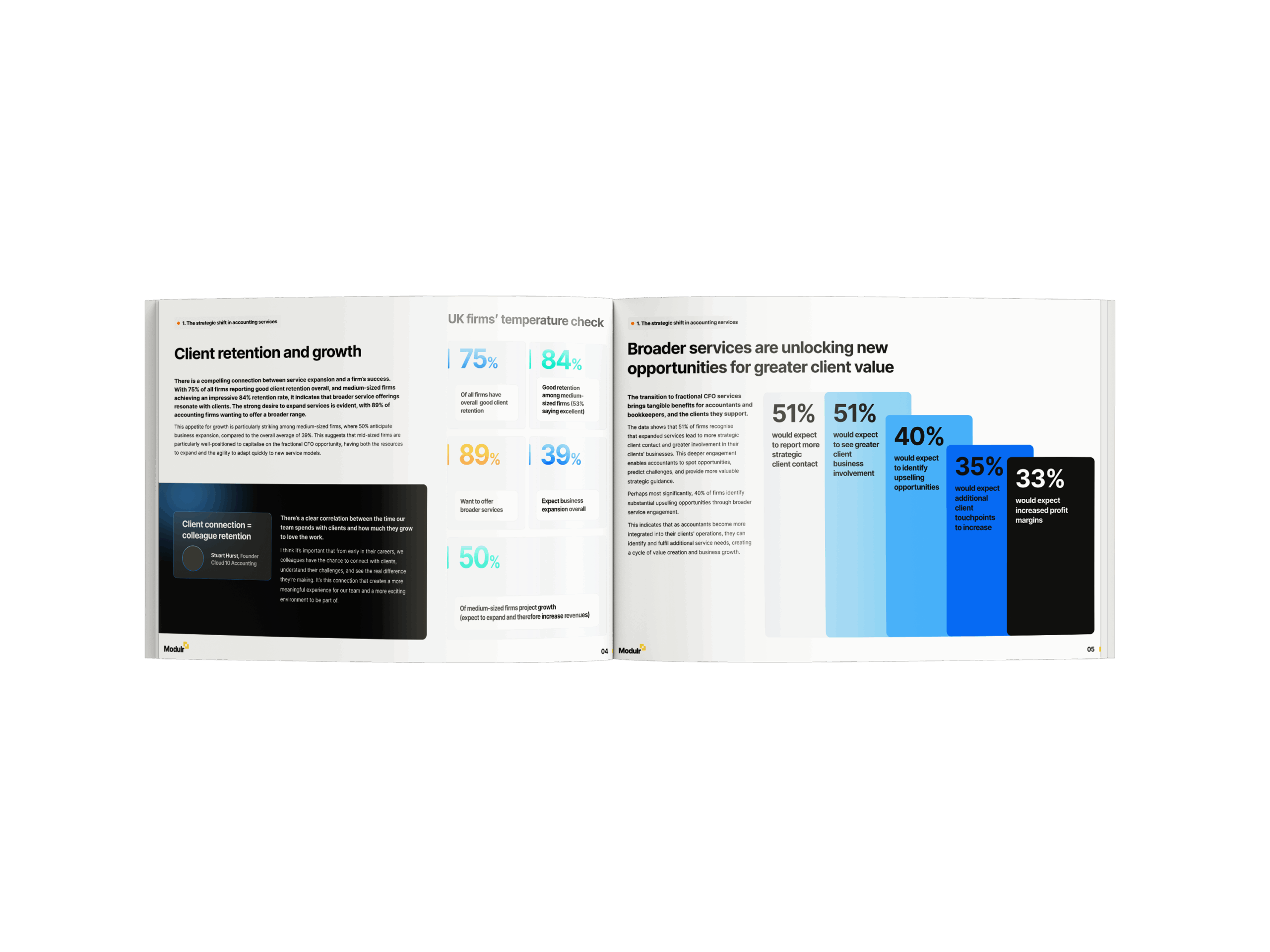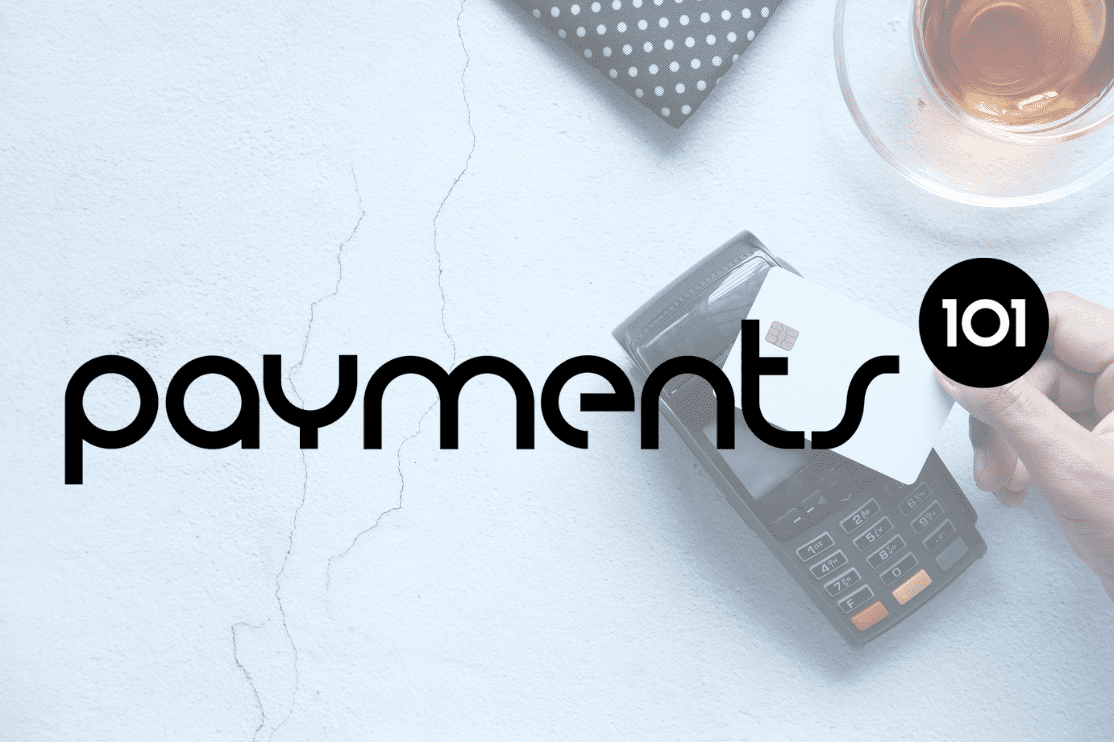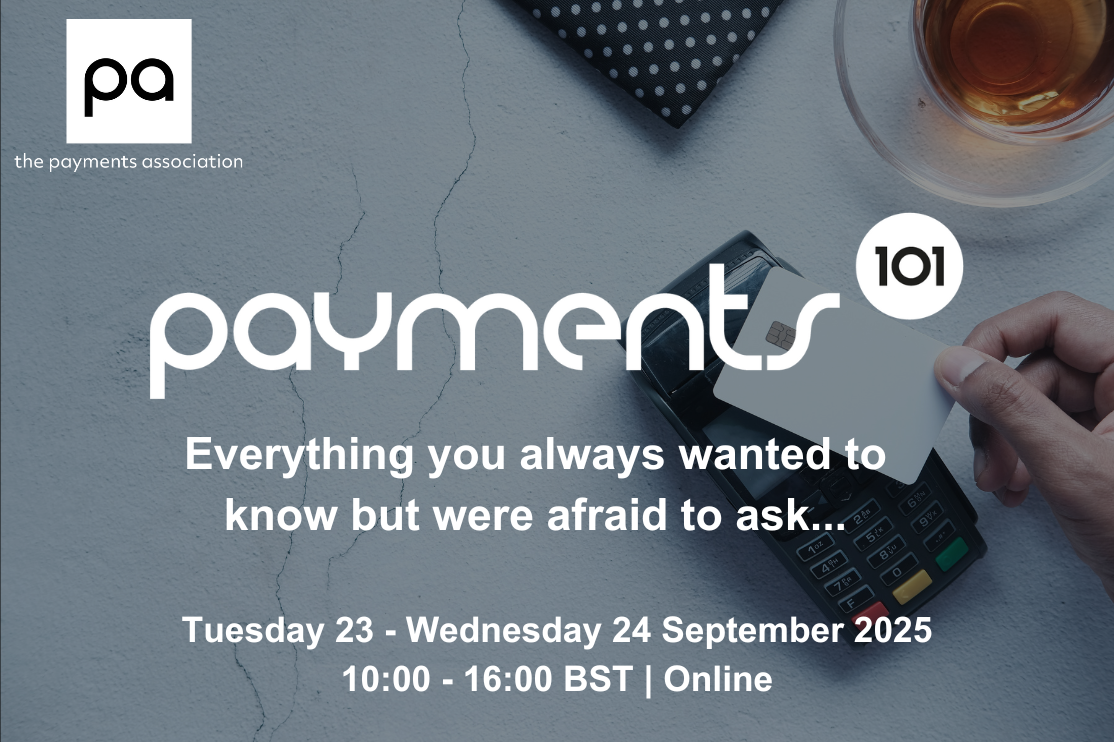Understanding Consumer Spending
How it Can Help You Provide Better Payment Solutions
As the world continues to develop digitally, many businesses have been realigning their payment platforms to cater to the needs of their consumers. According to Accenture Forecasts, 11.6 billion transactions in the UK will move from cash to cards and digital by 2023 and more and more consumers are wishing to move towards card and digital over cash.
Despite these statistics, the state of payments in the UK has been surprisingly cluttered. Data from the Post Office discovered that as a result of the cost of living crisis, cash is making a comeback. Furthermore, the volatile crypto market is pushing customers to use more than one payment method to meet their spending needs.
Although numerous payment channels can be an advantage for consumers, it can be challenging for payment solution providers to track consumer behaviour and, in turn, offer valuable advice to merchants to help them keep up with consumer demands and drive competitiveness. Moreover, consumers can also find it hard to track their spending if it’s stretched across multiple payment methods and providers.
The lack of information and data on consumer habits can damage businesses. Trust Payments have surveyed 2,000 customers in partnership with Perspectus Global to better understand consumer behaviour and has created this report to demonstrate how businesses can create products and services that cater to these behaviours. By getting a hold of how customers manage their payments and their views on the industry, businesses can look to building future-proof services that actually benefit consumers.
The Landscape of Payments in the United Kingdom
Over the years, the UK has witnessed a sustained and significant decline in cash use. In 2010, over half of all UK payments were made with cash. However, by the end of 2017, the rise of contactless payments helped debit and credit cards overtake cash as the primary payment method in the country.
Since 2020, in line with the ongoing pandemic, around 77% of consumers in the UK replaced their physical wallets with digital wallets as businesses slowly implemented contactless and digital payment-only schemes for products and services.
Today, credit and debit cards, bank transfers, and mobile wallets are among the most popular payment methods in the country, although other methods of payment are still present in consumer spending habits.
Consumer Spending Habits in the UK
For any business, understanding the needs of consumers is a priority. It is imperative to remember that understanding consumer spending habits allows businesses to provide better services and payment options for their purchases.
This section will highlight the spending habits of consumers in the UK, how they manage their finances, and how they perceive their relationships with businesses.
THE LANDSCAPE OF PAYMENTS IN THE UNITED KINGDOM
Choice of Payment Platforms
While the number of payment options grows, research shows that customers use three primary payment channels for costs such as food shopping, bills, and other household expenses during a typical month:
- Debit or Credit Cards 91%
- Cash 72%
- Mobile Payments or Digital Wallets 46%
The scale of debit card users in the UK dominates other payment platforms, with some individuals having two to three debit accounts at a time. Our research shows that participants between 18 – 29 years old are more inclined to use debit or credit cards, clearly favouring digital and cashless payment methods.
Unsurprisingly a large portion of cash users in the country are still prevalent amongst older generations, with over 77% of participants aged 60 and above favouring cash payments over cards and digital methods.
The widespread use of digital wallets and mobile payments in the UK is also growing steadily with products such as PayPal, Apple Pay, and Google Play, as over 35% of British consumers claim having access to digital wallets. Among these platforms, 46% use Apple Pay, 41% use PayPal, 9% use Google Pay, and only 3% use Samsung Pay Pay so having a strong mobile payment gateway is key.
Under the same bracket of digital payments, Buy Now, Pay Later (BNPL) has become increasingly popular, particularly in industries such as retail, entertainment, and travel and Klarna alone is now said to have over 150 million active users. The payment option grew immensely over the COVID-19 pandemic, as it offered consumers an alternative to spending without immediately managing the impact of the product costs. In 2021 alone, the scheme generated around £2.7 billion in 2021.
Mobile payments are most popular among younger Brits.
- 52% (30 – 44 year olds)
- 51% (18 – 29 year olds)
Cross Border and Inter-Currency Payments in the UK
Purchasing products overseas is a common practice among consumers in the UK, with over 15% of UK shoppers buying from overseas vendors every day. However, interbank transfers and cross-border payments can be tricky and involve more than one intermediary bank or platform to carry over transactions securely.
While complex, there is appetite for this in the UK, with six in ten Brits willing to pay using different currencies in order to access retailers outside the country.
Despite this need, payment platforms are limited to catering to local businesses and lack the feature to convert payments automatically with little to no fees during the process. Without these key features in place, consumers face unnecessary transfer and conversion fees, hindering and damaging their purchase experience. Payment providers should look to implement technologies that facilitate inter-currency payments in the UK in order to allow customers to access their desired retailers at no additional expense.
Financial Management Behaviour
Managing finances is a vital part of spending but also the most arduous. Although numerous money management and budgeting apps are available on the market, payment platform providers often lack this feature in their services, favouring features that are of little to no use to consumers instead.
As mentioned previously, almost half of Brits (46%) are switching their payment method depending on where they purchase and what they are purchasing. A lack of loyalty can make money management practices jarring, forcing consumers to constantly review various statements of accounts, depending on how many payment platforms they use.
Of the 2000 participants surveyed, 22% admit to using contactless payments without thinking about the purchase amount, leading to mismanagement of finances, with 17% claiming to rarely review their spending in a month.
- 22% admit to using contactless payments without thinking about the purchase amount
- 17% claim to rarely review their spending in a month
Failing to properly manage finances can lead to an unhealthy financial lifestyle for consumers. Currently, financial management and money tracking applications on the market lack an efficient connection between consumer finance apps and payment providers.
Understanding the needs of consumers when it comes to money management allows businesses to expand services accordingly to help ensure that consumer financial well-being is in check.
Providing customers with the confidence to pay across a number of merchants while maximising savings and other financial aspects can boost customer retention, which has been proven to benefit businesses in the long run.
Investing in technology that allows businesses to analyse and study customer spending habits gives businesses the opportunity to align their services to ensure that they fully cater to customers’ needs. Moreover, it also highlights anomalies in customer behaviours which could prevent revenue loss in certain cases, for example, an unusually high chargeback cadence.
Consumer Spending Concerns in the UK
Addressing customer concerns and worries is also a vital aspect to help businesses reshape their services to known needs. Managing finances can be a laborious process and requires a significant amount of time and effort to keep up to date with many individuals efficiently.
This section will discuss the everyday consumer spending worries of the UK and how businesses can find solutions to provide ease, accessibility, convenience, and a worry-free process for customers.
Consumer Stress on Cost of Living Expenses
Keeping track of monthly expenses is an exhaustive process, especially when customers face multiple payments and bills due on different days of the month. The sheer amount of due payments can quickly become off-putting, increasing the likeliness of missed or forgotten payments, and impacting businesses in the long term.
Beyond that, a significant worry for many is the rising cost of living, with rent, utility bills, and petrol prices skyrocketing since the COVID-19 pandemic. This year alone, real wages fell by 4.5%, while inflation rates rose to over 10% (one of the highest recorded in 40 years).
According to the Bank of England, inflation rates will increase further to 13% by the end of
2022, a significant concern for businesses and consumers alike.
From the 2,000 participants surveyed, 24% of individuals find managing their spending stressful, bringing about anxieties when billing and payment due dates are near. Around 18% of participants claim to feel anxious when meeting their card’s monthly payment totals.
Many individuals do not model their spending habits on their lifestyle choices, meaning stress about payment deadlines and bill due dates increases. Over 36% of participants worry about how much they spend in a month. A staggering 52% of those surveyed claim to worry about making purchases due to the pressing cost of living crisis in the UK
Taking the time to analyse this data is essential in helping businesses understand how the cost of living crisis affects customer spending habits. By offering a seamless payment management system during this time, businesses support customers in keeping track of their expenses effectively. It also allows businesses to provide service or product recommendations that help their customers save money.
- 52% worry about making purchases due to the pressing cost of living crisis in the UK.
- 36% worry about how much they spend in a month.
Consumer Stress and the Festive Seasons
On top of living expenses, many participants expressed worry about the money they need to save or prepare for the upcoming festive season. Approximately 32% of participants expressed concerns about having enough funds for the Christmas period, covering the necessary expenses of food, drink, and gifts.
According to a survey by the Institute of Practitioners in Advertising (IPA), 53% already find Christmas shopping stressful due to the country’s ongoing cost of living crisis. On the other hand, 37% believe that it will continue due to ongoing conflicts with Ukraine.
To ease financial concerns for upcoming events such as Christmas or birthdays, businesses can use this period to provide one-off product or service recommendations such as loyalty discounts.
Consumer Worry Over Identity Theft and Data Privacy
Data privacy and identity theft issues are also significant concerns amongst many Brits. Three in ten participants (31%) expressed concerns over online payments. Around 74% are worried about identity theft, 54% about bank impersonation, and 45% about phishing scams.
- 74% Identify Theft
- 54% Bank Impersonation
- 45% Phishing Scams
Safety concerns naturally make consumers wary of venturing into digital and mobile payment platforms, which hinders them from gaining full access to payment methods used as standard on a global scale today.
According to Prospect, bank fraud in the UK costs financial institutions over £1 billion yearly. Cybercrimes such as Authorised Push Payment (APP) Frauds (where scammers impersonate someone known to the victim to manipulate a real-time payment) are a growing worry in the UK market, especially since the COVID-19 pandemic. UK Finance figures show a 40% rise in push payment scams, and in 2021 alone, there were approximately 196,000 APP frauds in the UK, 27% higher in comparison to the previous year.
Nearly 40% of APP fraud loss was due to impersonation scams, costing people over £214.8 million. Impersonators usually represented legitimate organisations such as the NHS, banks, and government departments via phone calls, texts, emails, fake websites, and social media posts.
Protecting consumers from scams and fraud is a priority as a business. Integrating a high-security model seamlessly into payment schemes can help reduce the chances of fraud, instilling consumer confidence and safety within your business and industry.
Lack of Awareness of Active Debt
Accruing debt is a part of the financial worry of many individuals in the UK. As the cost of living continues to rise, people are pushed to borrow money from various sources such as bank loans, money lenders, borrowing from a friend, etc.
Of the participants surveyed, over a quarter of Brits claimed to be unsure of their current debt, while the same number claim that they have no idea how much they have accrued previously. Moreover, many consumers took advantage of BNPL schemes that ultimately kept individuals in debt, allowing them to purchase products in advance and pay them later on an instalment basis without necessarily having the means to do so.
However, there is an opportunity here for businesses to provide a seamless payment management solution that supports consumers in being smart with debt management. For example, businesses can proactively inform consumers by providing debt analysis, how they can manage it, and how soon they can pay it off.
- 26% are not confident that they have full knowledge of any previous debts.
- 5% admit they have no idea how much debt they have.
The Importance of Understanding Consumer Spending Habits
Understanding customer spending habits is crucial in helping businesses adjust their services according to market needs. Beyond providing services that help them, it offers businesses invaluable insight into how they can provide a better user experience for consumers.
Due to the cost of living crisis, products and services are costing more, and consumers are spending less, with around 16 million Brits cutting back on food and essentials between March and June 2022. With inflation causing rent and energy bills to increase, such irregular spending behaviour will affect financial well-being in the long run.
As outlined in this report, understanding customers and the way they spend allows businesses to identify and realign their services according to the following aspects:
- Customer Differentiation
- Increase Consumer Retention
- Predict Industry Trends
- Better Analysis of Competition
- Innovate New Products & Services
Numerous tools are available today to help businesses to gain a better insight into consumer spending habits and customer concerns. Investing in the right technology can help provide a better customer payment system, ultimately streamlining payment methods and financial management practices.
TRU Insight is an innovative reporting solution from Trust Payments. It delivers simple, accessible, and actionable payment insights and data to businesses without any analytical expertise required from the merchant.
Businesses can better understand buyer behaviours and tailor their offering to attract more valuable customers using customer segmentation. Within the detailed monthly report is a summary of payments, fraud, and chargeback KPIs plus the ability to benchmark their business and gain regional insights.
Next Steps for Businesses.
Supporting customers and providing them with the highest quality of products and services is a priority for many businesses. Getting a deeper understanding of how consumers behave must become front of mind and allow businesses to grow with their customers and provide products that fully cater to their needs, wants, and future financial goals.
Why Businesses Should Support Consumer Spending
Naturally, consumer spending is a crucial aspect of a business. The more customers spend on a brand, the more revenue and profit it acquires.
Taking the time to pay attention to consumer spending figures and patterns makes the decision-making processes more accurate and effective. These statistics can help businesses forecast investment and policy decisions, from creating new products, streamlining processes, and improving small but crucial details to services to improve customer experience.
Matching Services to Specific Consumer Needs
Insights on consumer spending habits can also provide valuable insight into their behaviour, enabling businesses to tailor their offerings depending on the needs of their customers. As mentioned earlier, consumer spending data brings value to consumer differentiation.
Some consumers may need specific features while others may not. Tailoring services and products provide a better customer experience, ultimately increasing consumer retention rates.



























